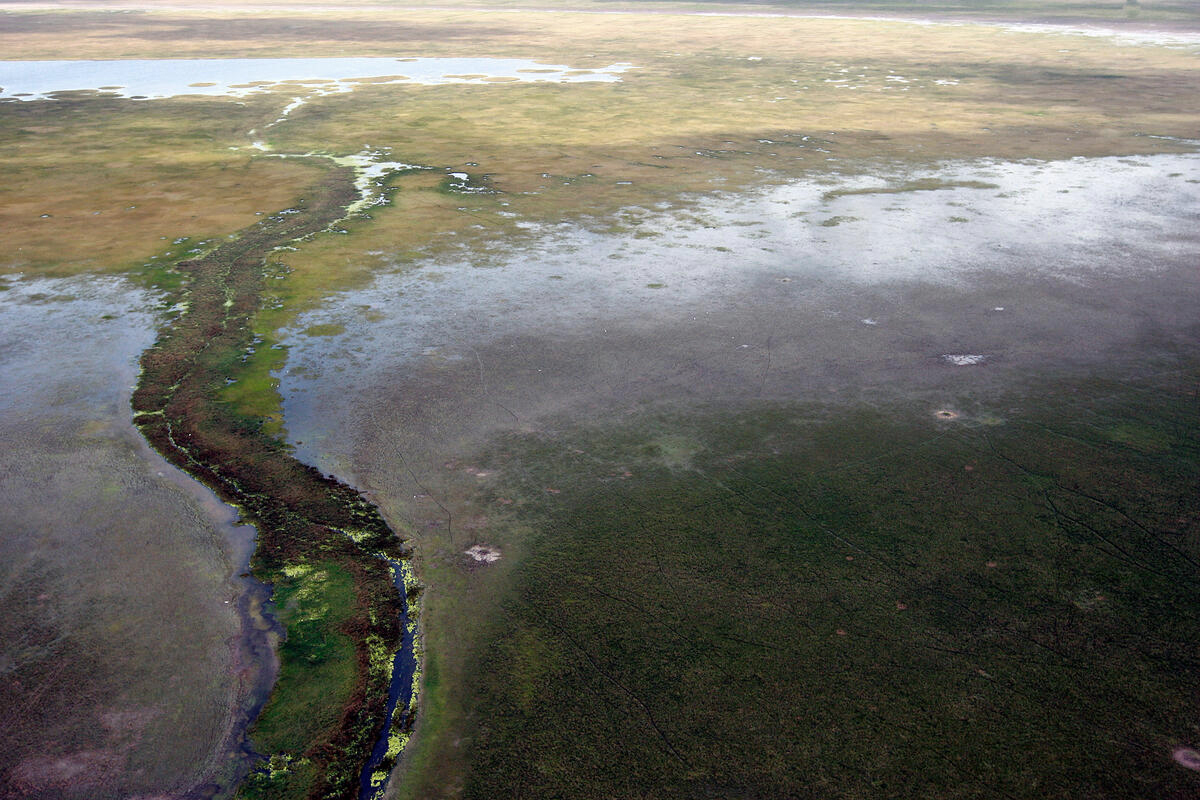The 10 New Insights in Climate Science 2020 report by leading international scientists and presented to the UNFCCC reveals the most important findings within the field of climate science over the last year. It can help drive collective action on the ongoing climate crisis and help build momentum for a successful outcome of this year’s UN Climate Change Conference COP26 in November. The report presents the need for aggressive greenhouse gas emission cuts to meet the goals of the Paris Agreement among other issues.
Climate Change
To address climate change, the Paris Agreement aims to substantially reduce global greenhouse gas emissions and to limit the global temperature increase in this century to 2 degrees Celsius. It includes commitments from all countries to reduce their emissions and work together to adapt to the impacts of climate change and calls on countries to strengthen their commitments over time. The Agreement entered into force on 4 November 2016, and to this date 189 countries have ratified it. Most recently, the Secretary-General welcomed the United States return to the accord.
UNEP warns 2020 was not only the year of the COVID-19 pandemic. It was also the year of intensifying climate change: high temperatures, floods, droughts, storms, wildfires and even locust plagues. Even more worryingly, the world is heading for at least a 3°C temperature rise this century. We need strong action to reduce greenhouse gas emissions to meet the Paris Agreement goals of holding global warming this century to well below 2°C and pursuing 1.5°C. Nations must urgently step-up action to adapt to the new climate reality or face serious costs, damages and losses.



